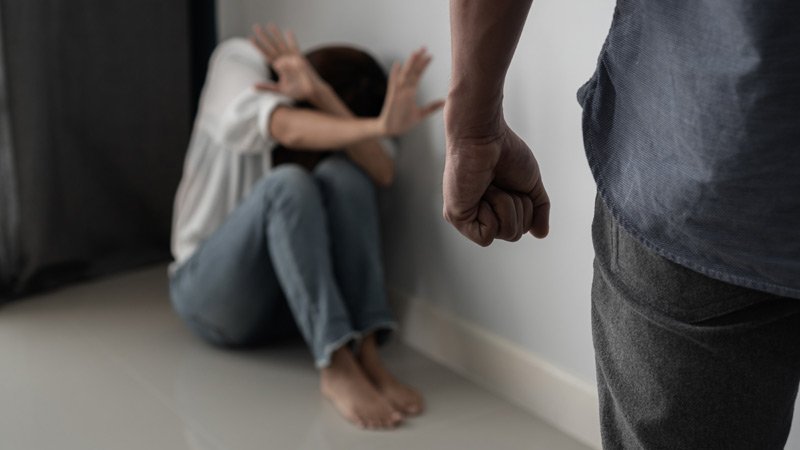
Domestic Abuse Victims | How to Get Better Protection
Domestic violence victims will hopefully have more protection under new government plans. This has come after an expert review of how family courts handle domestic abuse. The review took into account the views of 1,200 individuals and organisations, that included input from families with experience using the family court system.
One of the biggest concerns people have about the family courts is the presumption of parental involvement. This means the court says that parents should have equal custody of their children and children should spend equal time with both parents. At present, evidence needs to be provided to depart from the presumption of parental involvement. The problem the presumption presents is it applies to abusers as well as victims. Unfortunately, the onus of departing from the presumption is on the victims of domestic abuse.

A panel of experts including charities, family law practitioners, the judiciary and academia was told evidence over the long-term harm this could cause. The evidence relayed the potential for long-term harm occurring to children who were forced to have prolonged contact with an abusive parent by order of the court. They also heard evidence against the need to put victims through unnecessary adversarial proceedings in court.
The aim of these recent changes is to place the emphasis on getting to the cause of an issue, ensuring the safety of everyone involved in proceedings and being able to provide evidence in a balanced way.
What Do The Reforms Include?
The trialling of a fresh approach that could give judges powers to adjudicate on what evidence should be investigated. In contrast to now where both parties present their cases against one another.
Special powers granted automatically in the courtroom for domestic abuse victims such as separate entrances, waiting rooms, and privacy screens.
A review into the presumption of parental involvement to answer the question over striking the balance between the risk of harm to children and the right of a child to have a relationship with both parents.
Committing to changing the provision on barring orders that prevent abusers from being able to repeat court proceedings against ex-partners over child arrangements. This has, until now, been difficult to implement as it restricts an individual’s right to justice.
There are also key measures in the Domestic Abuse Bill that is still in the report stage in the House of Commons.

- Defining domestic abuse in a way that emphasises that it’s not only physical violence but relates to emotional abuse. Such as coercive or controlling behaviour.
- The establishment of a Domestic Abuse Commissioner in charge of the response to domestic abuse.
- The introduction of Domestic Abuse Protection Notices and Domestic Abuse Protection Orders. Both of these statutes aim to add further protection for victims as well as restrict the actions of domestic abusers.
- Require local authorities in England to support for domestic abuse victims and children. However, this measure includes refugees and others in safe accommodation.
- Prohibit perpetrators of domestic abuse from being able to cross-examine their victims in person in family courts in England and Wales.
- As part of their licence following release from custody, offenders can be subject to a polygraph test as a condition.
- Place the guidance on supporting the Domestic Violence Disclosure Scheme (Clare’s Law) on a statutory footing.
If you need a divorce lawyer in St Pauls, contact BP Collins Solicitors. They are a team of friendly and expert lawyers who can help represent your case effectively and will support you throughout the process.




